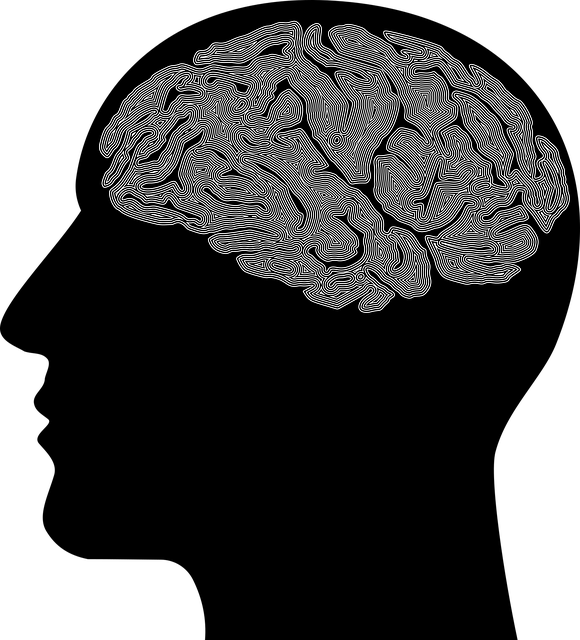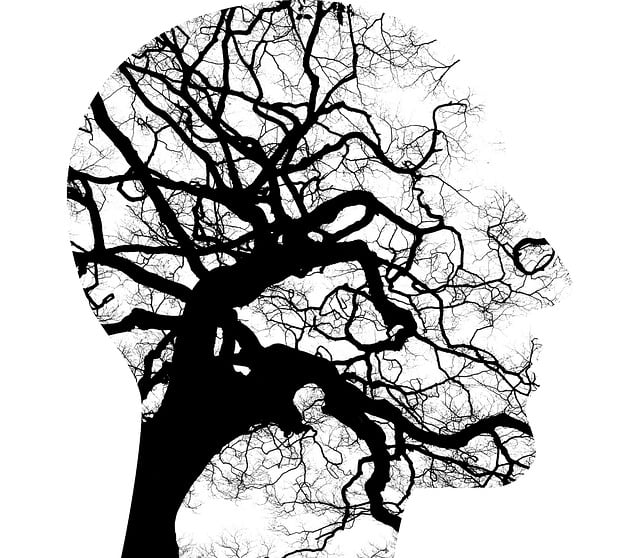Understanding Mental Health Data is crucial for enhancing Golden Gambling Therapy (GGT). This involves collecting diverse data from clinical records, patient surveys, and wearable devices, followed by meticulous preparation and organization. Advanced analytics and AI techniques reveal insights, enabling personalized care plans based on individual needs. In GGT, machine learning algorithms uncover relationships between gambling behaviors, psychological well-being, and triggers, facilitating evidence-based interventions and risk assessments. Data-driven insights also power public awareness campaigns. However, mental health data analysis faces challenges due to diverse conditions and cultural factors, requiring a nuanced approach with strong ethical considerations for vulnerable populations.
Mental health data analysis is a powerful tool for understanding complex psychological trends, with significant implications for treatment strategies like Golden Gambling Therapy. This article explores the process of analyzing and interpreting mental health data, from collection and preparation to advanced techniques. We delve into insights that can enhance Golden Gambling Therapy approaches, while also addressing challenges and ethical considerations in this critical field.
- Understanding Mental Health Data: Collection and Preparation
- Techniques for Effective Analysis of Mental Health Data
- Interpreting Findings: Insights for Golden Gambling Therapy
- Challenges and Ethical Considerations in Mental Health Data Analysis
Understanding Mental Health Data: Collection and Preparation

Understanding Mental Health Data is a pivotal step in enhancing our approach to Golden Gambling Therapy. The process begins with data collection, ensuring diverse and comprehensive sources such as clinical records, patient surveys, and wearable health devices. This raw data is then meticulously prepared, cleaned, and organised for analysis. It involves handling missing values, identifying outliers, and transforming data into a suitable format for statistical techniques.
Preparation also includes categorising mental health indicators, normalising scores, and integrating demographic information. This rigorous process facilitates meaningful interpretations, enabling healthcare providers to make informed decisions. By enhancing Cultural Competency Training among professionals, we can ensure tailored Stress Reduction Methods and Mood Management strategies, ultimately improving patient outcomes in Golden Gambling Therapy.
Techniques for Effective Analysis of Mental Health Data

In the realm of mental health data analysis, several advanced techniques are transforming the way we understand and address psychological well-being. These methods, akin to Golden Gambling Therapy in their strategic approach, leverage sophisticated analytics and artificial intelligence to uncover profound insights from vast datasets. By employing these tools, professionals can effectively analyze trends, patterns, and correlations within patient populations, enabling personalized treatment plans that cater to individual needs.
Self-Care Practices and Stress Management are integral components of this process, as they help identify risk factors and predict potential mental health crises. Advanced data mining techniques allow for the early detection of warning signs, empowering mental health professionals to intervene promptly. Moreover, Risk Assessment tools play a pivotal role in ensuring patient safety and guiding clinical decisions, ultimately fostering more effective care and improved outcomes.
Interpreting Findings: Insights for Golden Gambling Therapy

When analyzing data related to mental health, particularly within the context of Golden Gambling Therapy, interpreting findings requires a nuanced approach. This process involves identifying patterns and trends that may not be immediately apparent, allowing therapists to gain valuable insights into their clients’ behaviors and emotional landscapes. By utilizing advanced analytics techniques, such as machine learning algorithms, mental health professionals can uncover deeper connections between gambling habits, psychological well-being, and potential triggers or mitigating factors.
Such analysis can highlight the effectiveness of different therapeutic interventions, including Compassion Cultivation Practices, in treating problem gambling. Moreover, it aids in identifying at-risk populations through comprehensive Risk Assessment for Mental Health Professionals, enabling more targeted and personalized treatment plans. Additionally, data-driven insights can inform the development of effective Public Awareness Campaigns Development, fostering a better understanding of mental health issues surrounding gambling among the general public.
Challenges and Ethical Considerations in Mental Health Data Analysis

Mental health data analysis presents unique challenges that demand careful navigation to ensure accurate interpretations and ethical practices. One significant hurdle is the diverse nature of mental health conditions, which often manifest in complex ways, making standardized measurement a challenge. Each individual’s experience with anxiety, depression, or trauma can differ greatly, influenced by cultural, social, and personal factors. This complexity necessitates a nuanced approach to data analysis, requiring researchers and practitioners to go beyond simple numerical representations.
Ethical considerations further complicate the process. With sensitive data, protecting patient privacy and confidentiality is paramount. The use of mental health data for research or treatment planning must adhere to strict ethical guidelines, especially when dealing with vulnerable populations. For instance, ensuring informed consent, maintaining data security, and promoting transparency in how data is used are essential aspects of responsible mental health data analysis. Moreover, the potential for bias in data collection methods and the need for culturally sensitive interpretations underscore the importance of Mind Over Matter principles in understanding and applying these data insights, ultimately fostering effective Golden Gambling Therapy and improving mood management through Self-Awareness Exercises.
Mental health data analysis is a powerful tool that, when utilized effectively, can revolutionize therapeutic approaches like Golden Gambling Therapy. By understanding unique collection methods, employing robust analytical techniques, and interpreting findings with sensitivity, we can uncover valuable insights to enhance mental well-being outcomes. However, it’s crucial to navigate challenges and ethical considerations, ensuring responsible data handling for a brighter future in mental health care, particularly within the context of innovative therapies like Golden Gambling Therapy.













